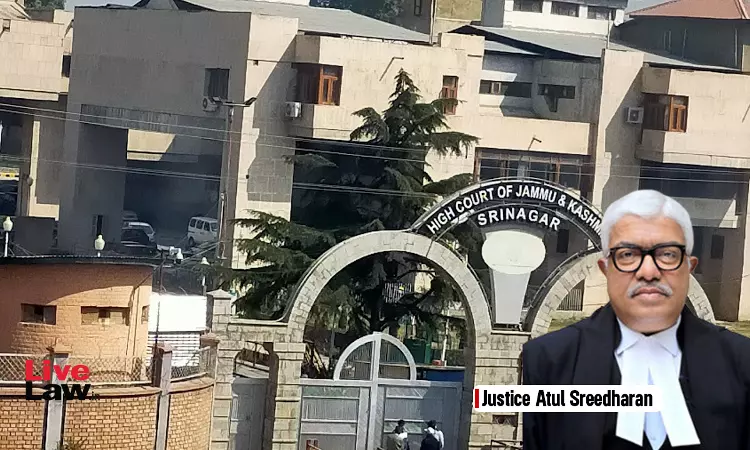"A fundamentalist Muslim cannot be equated with an extremist or a separatist," the Jammu & Kashmir and Ladakh High Court observed recently.The remarks were made by single bench of Justice Atul Sreedharan while dealing with a petition challenging preventive detention of a 22 years old Muslim man inter alia on the ground that he has become a “hard core fundamentalist”...

